CHRISTA DAVIS ACAMPORA is associate professor of philosophy at Hunter College and the Graduate Center of the City University of New York.
The University of Chicago Press, Chicago 60637
The University of Chicago Press, Ltd., London
2013 by The University of Chicago
All rights reserved. Published 2013.
Printed in the United States of America
22 21 20 19 18 17 16 15 14 13 1 2 3 4 5
ISBN-13: 978-0-226-92390-1 (cloth)
ISBN-13: 978-0-226-92391-8 (e-book)
Library of Congress Cataloging-in-Publication Data
Acampora, Christa Davis, 1967
Contesting Nietzsche / Christa Davis Acampora.
pages ; cm
Includes bibliographical references and index.
ISBN 978-0-226-92390-1 (hardcover : alkaline paper) ISBN 978-0-226-92391-8 (e-book)
1. Nietzsche, Friedrich Wilhelm, 18441900. 2. Struggle. I. Title.
B3317.A24 2013
193dc23 2012015846
 This paper meets the requirements of ANSI/NISO Z39.48-1992 (Permanence of Paper).
This paper meets the requirements of ANSI/NISO Z39.48-1992 (Permanence of Paper).
Contesting Nietzsche
Christa Davis Acampora
The University of Chicago Press
CHICAGO & LONDON
To Max, who regularly schools me in joyful struggle
To be incapable of taking ones enemies, ones accidents, even ones misdeeds seriously for very longthat is the sign of strong, full natures in whom there is an excess of the power to form, to mold, to recuperate and to forget... here alone genuine love of ones enemies is possiblesupposing it to BE possible at all on earth. How much reverence has a noble man for his enemies!and such reverence is a bridge to love.
FRIEDRICH NIETZSCHE, On the Genealogy of Morality
CONTENTS
ACKNOWLEDGMENTS
At the end of his forty-fourth year, Nietzsche surveyed the presents it brought: three works of which he was especially proud and for which he was profoundly grateful. For the interleaf of Ecce Homo he writes: On this perfect day, when everything is ripening and not only the grape turns brown, the eye of the sun just fell upon my life: I looked forward, I looked backward, and never saw so many good things at once. The passage calls to mind another one in which he was beginning a new year rather than burying one. It appears at the beginning of the fourth book of Die frhliche Wissenschaft, the last book in the first edition of the volume, which would conclude heralding the arrival of Zarathustra. His thoughts on a new year include the words: what it is that I want from myself today, and what was the first thought to run across my heart this yearwhat thought shall be for me the reason, warranty, and sweetness of my life henceforth. I want to learn more and more to see as beautiful what is necessary in things; then I shall be one of those who make things beautiful. Amor fati: let that be my love henceforth! In many ways, Ecce Homo is about realizing that vision, that gaze that beautifies by loving and results in immense gratitude.
In the midst of my own forty-fourth year, I look back on a life very different from Nietzsches but with no less need to be thankful. This project has haunted, irritated, seduced, and excited me for virtually all my professional life to date. Reworking it for the last time before burying it (or setting it free?), I am reminded of how much living occurred during its writing; just how much traveling wethe manuscript and Ihave done together; how many deaths and births we have seen; how many restless nights, sleepy mornings, and af ternoons filled with peals of laughter have transpired. For the development and writing of this book is woven into, bound up with all those experiences, nearly omnipresent, even when collecting dust in moving boxes, covered with papers to grade, or forsaken for other manuscripts to read or write. So it is that as I bid farewell to this project and all the living over which it presided I come to share Nietzsches question at the end of his interleaf in Ecce HomoHow could I fail to be grateful to my whole life?
Looking backward and looking forward, I see many whose presence is bound up with the necessity of the course the living, thinking, and writing took. Having good philosophical friends capable of encouraging me but more important challenging me, and even more crucially pushing me to the point of saying no, is truly a good fortune I enjoyed. For this, I am especially grateful to Keith Ansell-Pearson, Daniel Conway, Lawrence Hatab, Paul S. Loeb, Alan Schrift, Herman Siemens, and Paul van Tongeren. Others showed generosity and tremendous patience with me in reading earlier (some, much earlier) drafts of this work, including Alexander Nehamas, David Owen, John Richardson, Gary Shapiro, and Robert Solomon.
Nickolas Pappas introduced me to Nietzsche, offered feedback on portions of this project, and continues to inspire me as a colleague.
Thomas Flynn, Richard Patterson, Donald Rutherford, and Steven Strange helped germinate many of these ideas when I began to develop what I call the agonistic framework while a graduate student. Richard Schacht supported translation work I did at the time, which forced me to consider Nietzsches ideas in a broader context and enabled me to find them elsewhere in his writings.
Hunter College and the City University of New York have proved to be places where research can flourish. I am grateful to provost Vita Rabinowitz and president Jennifer Raab, who provided funding to support the manuscript preparation and travel for research. My department chairpersons over the years, especially Frank Kirkland and, more recently, Laura Keating, never once complained about and even sought to increase my reassigned time just when I needed it. Students and research assistants from Hunter and the Graduate Center helped with organizing materials and discussed drafts of sections. Among the hundred or so students with whom I discussed these ideas, I am particularly grateful to Ben Abelson, Jonathan Berk, David Cerequas, Brian Crowley, Adam Israel, Adele Sarli, and Greg Zucker.
Significant work on the final manuscript occurred during several leaves and fellowships, including a PSC-CUNY grant from the CUNY Research Foundation and fellowships in residence at the Institute for Advanced Studies at Durham University and at Warwick University.
Several audiences provided thoughtful critical feedback. I am particularly grateful to those at Greifswald University, New School University, Nijmegen University, Oxford University, Southampton University, and Warwick University. Fellow panelists and participants at a variety of professional meetings contributed greatly to the development of my ideas. I owe many debts to members and friends of the Friedrich Nietzsche Society and the Nietzsche Research Group in Nijmegen for criticism and direction.
Ideas for most chapters began as articles or contributions to other volumes. Germs, sketches, and early drafts of some of what appears here can be found in the list of my publications appearing in the bibliography, and I am grateful to those publishers and editors for providing me with venues (and deadlines) for developing this work.
For guidance and encouragement (and even more deadlines), I am grateful to Elizabeth Branch Dyson, my editor at the University of Chicago Press, and to the anonymous reviewers who generously provided critical direction that spurred me to make the book better than it would have been otherwise.
Finally, in completing this project, it was crucial for me to have the very good fortune of a supportive family. Ralph Acampora, our parents, and our extended kinfolk provided cheer, encouragement, child care, and all kinds of reinforcements that made thinking and writing compatible with the demands of daily life. To them
Next page

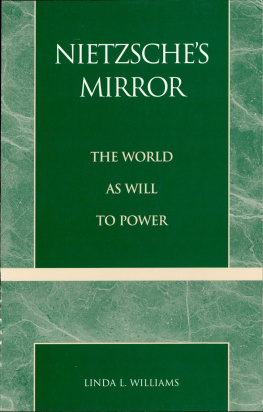
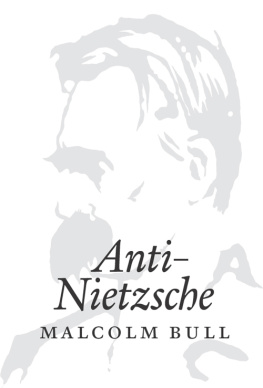
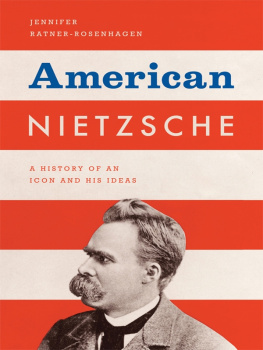
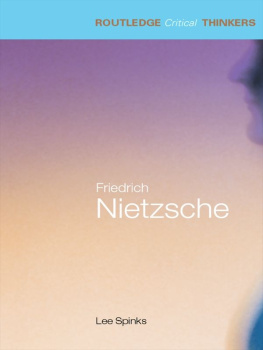
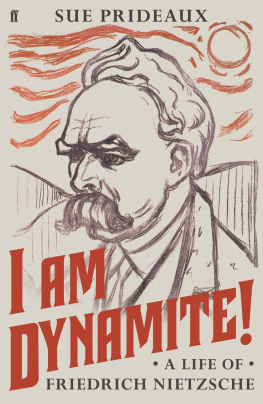

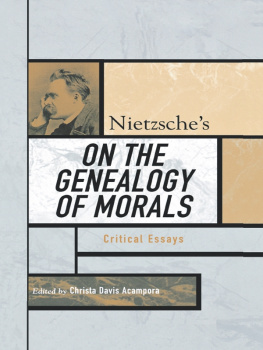


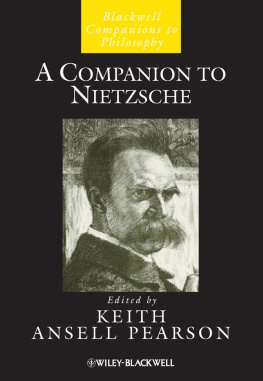
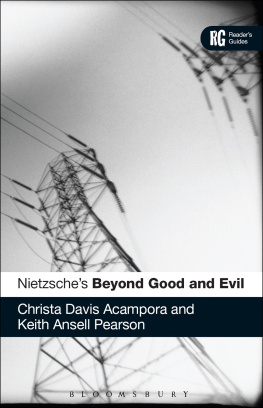
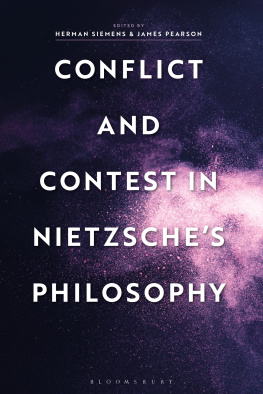
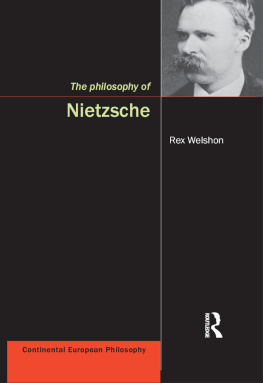
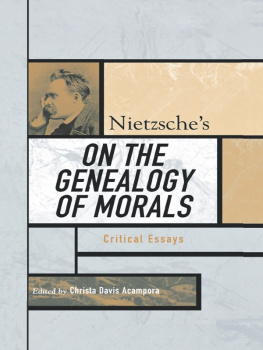
 This paper meets the requirements of ANSI/NISO Z39.48-1992 (Permanence of Paper).
This paper meets the requirements of ANSI/NISO Z39.48-1992 (Permanence of Paper).